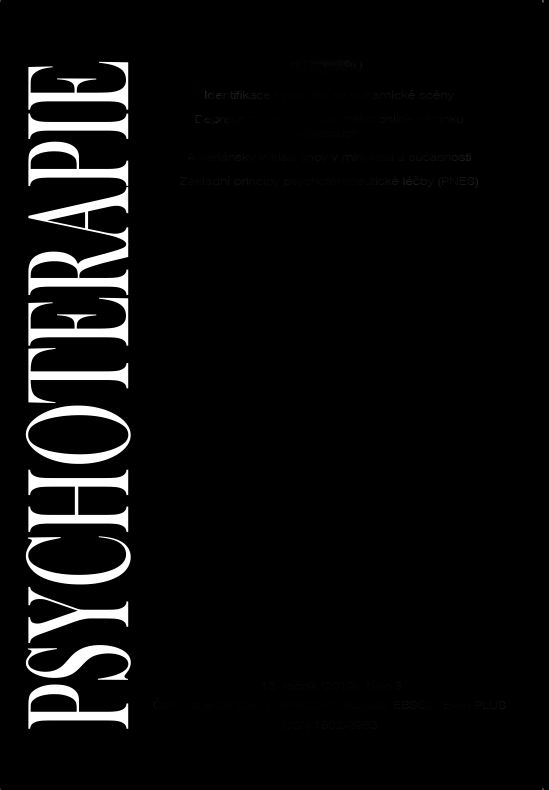Terapeutická zástupná rodinná péče a teorie citové vazby: jak zvétšovat jistotu vnitřního zázemí – zkušenosti z Francie
Therapeutic Foster Care and Attachment Theory: “Fostering” the Secure Base – Experience from France
Author(s): Martin Pavelka, Pascal RichardSubject(s): Social psychology and group interaction, Clinical psychology, Psychoanalysis, Family and social welfare
Published by: Masarykova univerzita nakladatelství
Keywords: Attachment theory; Therapeutic foster care; parenting disabilities; pathological relationship between parents and child;
Summary/Abstract: Therapeutic Foster Care (TFC) is a clinical setting appropriate for children whose parents suffer from serious mental disorders that impede their everyday parenting abilities. In this setting, the child grows, without any breaking of the bonds with his parents, within a foster family supported by a team of professionals. The child’s biological family is characterised by psychopathological problems that arise in both the child and his parents, and in their relationship. A scrupulous study of the natural history of foster placements shows that similar manifestations tend to occur in the relations between the child and his foster family, between the foster family and the professionals, and even between the professionals. Attachment theory, among others theories, provides useful tools for a clinical understanding of the aetiology of these manifestations, and to choose a therapeutic approach fit onto these complex situations in a field of interventions pertaining to both child psychiatry and child welfare. In this paper, we briefly describe what is TFC, emphasizing the clinical specificity of this practice and the theoretical concepts that support it. Afterwards, we present the basic elements of attachment theory relevant to TFC and some practical applications of attachment theory in TFC therapeutic processes, with examples drawn from significant phases of the TFC progress, describing its advantages for the child, his parents, his foster family, and eventually for all the protagonists of the situation. In conclusion, we stress the fact that the standpoint grounded in these theoretical bases provides a fruitful understanding of all the situations where a child needs a foster care, be it a therapeutic one (presence of heavy psychopathological disturbances in the family) or of another type (low level of -or non identified- psychopathological disturbances in the family).
Journal: Psychoterapie : praxe - inspirace - konfrontace
- Issue Year: 9/2015
- Issue No: 2
- Page Range: 110-125
- Page Count: 16
- Language: Czech

